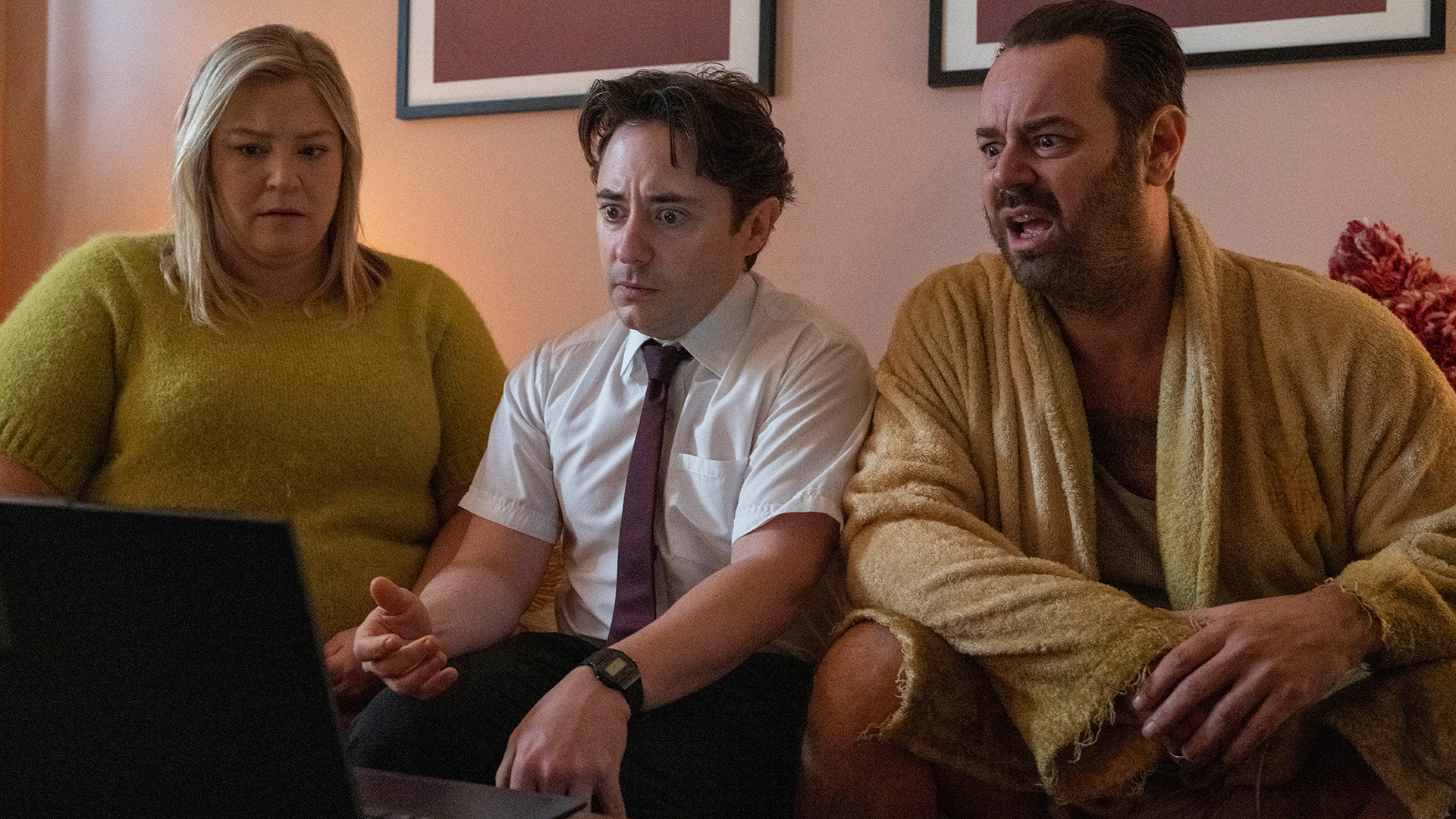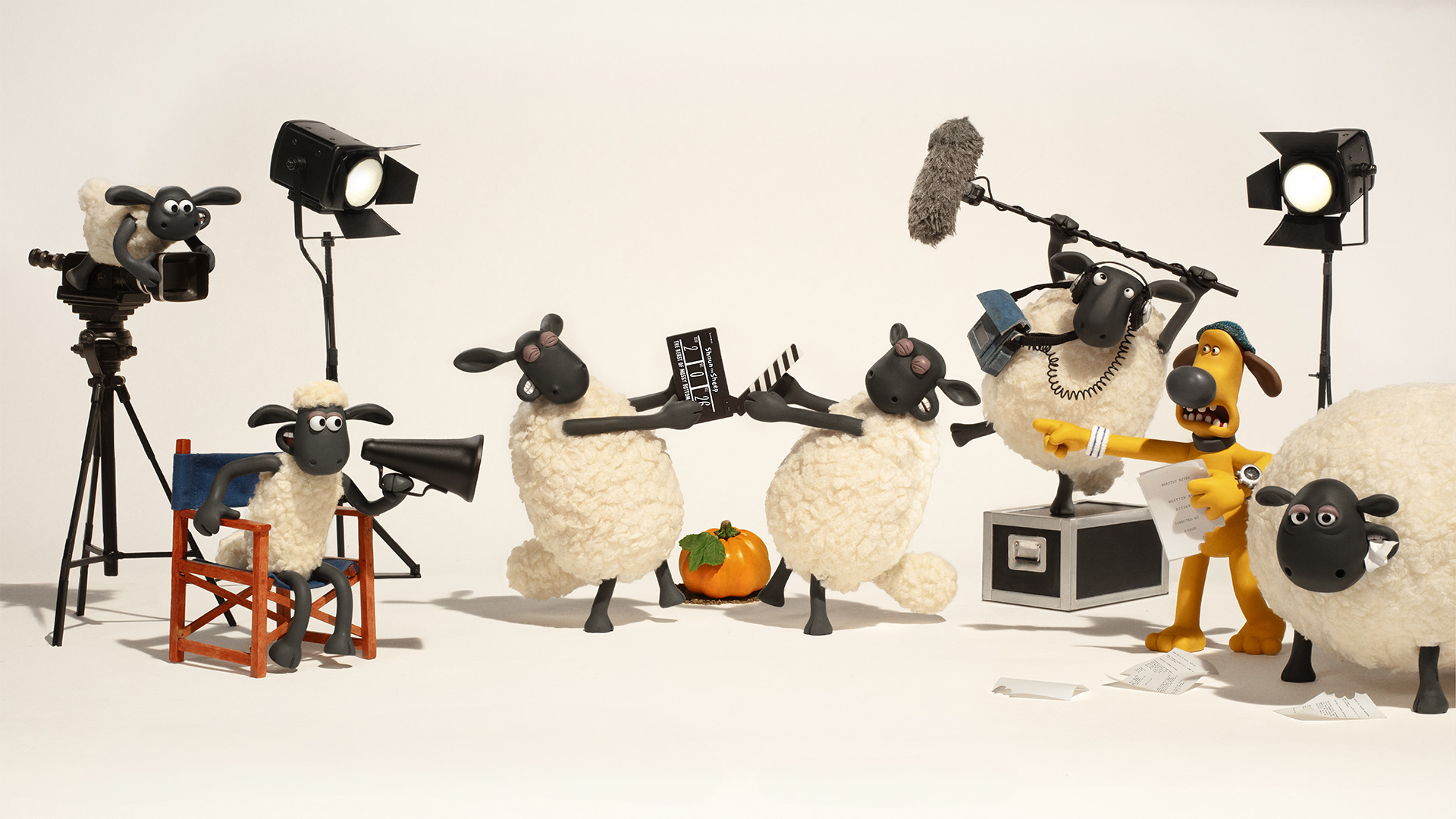Sophy Ridge on Sunday Interview with Harriet Harman, MP, Labour, 5.02.17
ANY QUOTES USED MUST BE ATTRIBUTED TO SOPHY RIDGE ON SUNDAY, SKY NEWS
SOPHY RIDGE: 2017 sees the Labour party in the grip of what looks like an existential crisis and hundreds of thousands of women taking to the streets to protest against the policies of the man in the White House. Well I am joined now in the studio by someone with plenty to say on both those issues, the former Deputy Leader of the Labour Party, Harriet Harman. Hello to you, good to see you on the show.
HARRIET HARMAN: Delighted to be here and congratulations.
SR: Thank you. Well the big news this morning is the appeal being rejected that Donald Trump lodged to try and overturn this ban or his ban on people coming to the US from seven Muslim-majority countries. He is going to be having a state visit to the UK, if he does a speech in parliament are you planning on being there?
HARRIET HARMAN: Well definitely not, for many reasons but I think this thing about the judgement really is a very important moment in the US and also for the wider world because what he’s done is he’s criticised the judge who has said that this blanket ban on people coming from Muslim countries is unconstitutional and has struck it down. Now Trump’s appeal against that has been rejected and Trump was criticising the judge, calling him a ‘so-called judge’. The point is that in our democracies what we are supposed to have is elected people but the elected people are not above the law and therefore the rule of law must cover government and government must act lawfully. Really the worry is that somehow Trump is to try and somehow override the law and the worry is not just for America, that actually even the President must obey the law, but for all other countries where people are struggling for their rights and where the courts are important to prevent government abusing their powers so it’s a real constitutional crisis now, Trump versus the rule of law and the constitution.
SR: So how should the UK react then to this?
HARRIET HARMAN: Well they should be saying that not just in America but all around the world people look to America and if America says well government is above the law, we can do what we like once we’re elected even if it is abusing people’s human rights then that’s a very bad message and they should be sending signals through, Theresa May should be sending signals through to the Trump administration saying don’t undermine the rule of law, it’s absolutely fundamental. Heaven knows what he is going to be doing next, we’ll probably find out in a tweet.
SR: Now you’ve been in Westminster for 35 years, you’ve certainly seen a number of ups and downs in your time there but perhaps nothing quite like the situation that Labour finds itself in now, it does seem to be in somewhat of an existential crisis, the polls are pretty abysmal, you are hopelessly divided on Brexit, you’ve got two big by-election tests coming up in Stoke and in Copeland, is now the time for the Labour party to look to collaborate with other left wing parties like the Greens and the Lib Dems?
HARRIET HARMAN: I don't think so and there are painful echoes of the 1980s and what was happening to the Labour party in the 1980s to what is happening now. I mean then we were divided, we were lagging behind in the polls, we were in a lot of difficulties and then people said oh, there will have to be a realignment of UK politics, the Labour party will have to merge with the Lib Dems and actually what it needed was for Labour to get its act together instead of shouting at the public and telling the public they were getting it wrong, we had to listen to them and understand where we were getting it wrong. And that’s what we’ve got to do again so certainly I think we’re not in the situation we want to be in, we really need to sort ourselves out but I don’t think it’s an existential crisis, I think it’s a very bad time and that’s a problem because we do need a strong opposition at a time when we’re going through Brexit.
SR: It’s interesting that you draw this link between what’s happening now and what’s happening in the 80s, it’s something that you mention as well in your book when you talk about these days back in the 1980s when left wing party members were shouting at MPs to resign, when local party meetings were wrought with arguments. This was your conclusion in the book, we can have a quick look now, you said: “In-fighting turned the public off voting for us.” Is that happening now, is Labour unelectable in its current state?
HARRIET HARMAN: I think that it causes great worry amongst our supporters and turns off …
SR: Is it unelectable right now would you say?
HARRIET HARMAN: Well no, we’re not unelectable, we have loads of elected Labour MPs but you mean are we an effective opposition and are we a credible alternative government. I think you can’t be an effective opposition if you haven’t got enough public support because the government doesn’t need to worry about you, they only look at their own side, they don’t be concerned about us so we do need more public support in order to be an effective opposition let alone a credible alternative government. We have definitely got work to do.
SR: So you are not an effective opposition now seems to be what you’re saying?
HARRIET HARMAN: I think we’re not as effective as we could be because we haven’t got public support so it’s not good having the right arguments or just speaking very loudly, you actually have to have the government on your side to make the government take any notice of you at all.
SR: Of course one of the big areas where perhaps there is a need for an effective opposition is Brexit, Labour is very divided on Brexit and potentially the situation isn’t helped by leading MPs like Diane Abbott not showing up for the vote on Article 50.
HARRIET HARMAN: Well I think the country is divided on Brexit. I know those of us wanted remain, we lost and leave won so we are going to have Brexit but that doesn’t change the fact that actually the country is pretty much split down the middle and I think the Labour party was overall very much in favour of remain but it’s the tactics now that the party is divided on, not the principles. We still want to make sure that there’s social justice, economic prosperity, we want the country to be united – all of those principles remain the same but tactically it’s very difficult and when you are in opposition often it is only bad choices, you don’t set the context and therefore it is a very turbulent time but I don't think we’re divided in principle, some are just divided on tactics. I hate to vote for Article 50 because I wanted us to stay in the EU but I recognise that that decision was taken in June, we’ve got to ratify it in the House of Commons but we’ve got to make the best of the bad situation we’re in for the country and make sure the government does as well as it can for the country and not make things even worse.
SR: So it is clearly a difficult decision for MPs like yourself particularly who have remain areas that you represent in parliament, so how disappointed were you that Diane Abbott didn’t show up for this vote?
HARRIET HARMAN: Well you know, she said she was ill and unable to vote and I think you just have to accept that, I’ve …
SR: Other MPs in the past have had cancer and managed to vote.
HARRIET HARMAN: I know but I’ve known in the past where people have criticised MPs and it did turn out they were ill. I remember when Mo Mowlem was very unwell and the newspapers all jeered at her and actually she had a very serious illness. I’m not saying Diane has a serious illness, I’m just saying give people the benefit of the doubt. And the other thing is that Diane had actually been on TV saying she was going to vote for Article 50 so she had already taken the flak on it so I’m just assuming that she didn’t vote because she wasn’t well. But anyway, what was quite ironic is that we had 400 MPs plus going through the division lobby, Labour and Tories, the overwhelming majority of them didn’t want to be voting what they were voting for but because there’s been a referendum we sort of had to ratify it so it was the unhappiest night of voting in the House of Commons I’ve ever been in for all the MPs that were in the division lobby but since the referendum was lost, well we just have to get on with it.
SR: Now I’m interested to talk about your time as a woman in Westminster, ever since you entered the House of Commons it seems you were determined to try and focus relentlessly on women’s issues. You’ve been pretty relentlessly criticised for that by some quarters, calling you Harriet Harperson, in your book for example you talk about some Labour MPs seeing you as a humourless feminist. Have there been any times when you have gone back to your office and had a good cry about it or wanted to quit?
HARRIET HARMAN: Well not crying about it but I’ve certainly, especially when the children were young in the early days, it just felt too much. I was part of the women’s movement, we wanted to get into parliament and change everything but it’s one thing knowing what you want to do, it’s quite another when you meet real opposition especially from your own side so I did want to quit a lot but I promised my constituents that I would fight for them and I was part of the women’s movement and knew that getting change would be hard so I had to stick it out. But the main purpose was not just having women MPs for the sake of it but because women still lead very different lives from men, women still have most of the responsibility for childcare and for the care of older relatives, it’s women who suffer most from domestic violence, there are a whole load of issues that are important for women and women’s voices need to be there in the House of Commons otherwise those voices get overlooked.
SR: Labour of course have lots of women in the House of Commons but somewhere you seem to have been slightly less good is getting women in the top jobs. I’m just going to show you now the women who have run for the Labour leadership in the past and I find it astonishing that they have all place below men, so women have come bottom whenever they have run for the Labour leadership. I mean what’s going on, have Labour got a problem with women?
HARRIET HARMAN: Well it is a bit of a paradox isn’t it because we’ve got more Labour women MPs than all the other parties put together and yet we don’t seem to be able to get a Labour leader who’s a woman and in fact at the moment we have got two men in the leadership, the Leader and the Deputy and that is a problem for the party that is the party of women and of equality, which Labour prides itself on being, how come is it that the Tories can get not just one woman Prime Minister but two, for heaven’s sakes? So we have got to sort ourselves out on that but it’s not just having a woman at the top but it is actually having the policies like childcare and things like that that really help women in practice.
SR: I just want to go back to this point because I just think for a party that prides itself on women’s issues and equality, every women who’s run has placed below a man. In the Conservatives, every woman who’s run has placed above a man, what’s going on? There must be something in Labour that makes it harder for women to get to the top.
HARRIET HARMAN: Well if I knew what the magic … it is paradox, if I knew what the magic problem, what the problem was and we could just throw a switch and change it but certainly I think more and more people are beginning to recognise that it just looks downright old fashioned to think that men have to make the decisions and women have to abide by them. I was brought up at a time when there was the old phrase that men were men and women were glad of it! Well we just need to move a bit beyond that in the Labour party I think.
SR: And of course you’ve served under man of these male leaders that we’ve had. How would you rate Tony Blair, Gordon Brown, Ed Miliband, on their record on promoting and encouraging women’s issues to the foreground?
HARRIET HARMAN: Well I first came in when it was Michael Foot and that was really before the days that the women’s movement had really got going into politics. Neil Kinnock was a real strong supporter of women in politics and Tony Blair presided over 100 Labour women coming into the House of Commons and loads of policies that helped change things. Gordon Brown doubled maternity pay and leave …
SR: And he also didn’t make you Deputy Prime Minister, Deputy Leader.
HARRIET HARMAN: No, he didn’t, which he should have done and I should have made him but that’s another story. I think it’s down to all of us, it’s not just down to the leader, it’s down to all of us to say okay, it can’t just carry on raining men in the Labour party, men at the top have got to share power with women. That hasn’t happened yet but it’s got to, it’s part of really changing Labour to make us the modern equal progressive party it ought to be.
SR: You say men at the top having shared women, does that also apply to Jeremy Corbyn? Of course he was criticised initially for not putting women in the top jobs.
HARRIET HARMAN: Well Jeremy Corbyn is leader now but it’s been the same old, same old. He’s not the first person who’s been leader in a not yet equal Labour party so I think it’s work in progress but we need to get a move on.
SR: And he should do more?
HARRIET HARMAN: Well all these, obviously we should be doing more to make sure that this equality happens. Yes, of course he should be, we all should be.
SR: I am also keen to get your thoughts on social media which feels like it’s a new challenge for women in politics, these horrific stories of rape threats, death threats on occasions. What do you think is going on in society that we have a situation where women have to put up with this?
HARRIET HARMAN: Well I think this whole issue about social media and bullying and threatening on social media is not just a question for women in politics, it’s a question for women – and especially young women – all around and I think that actually the women in the House of Commons, many of whom have suffered this, are going to be the people who’ll help sort it out because many young women and girls lives are made an absolute misery by what is going on online. It’s a wonderful way of communicating, of course it’s an amazing digital revolution but actually it’s got a dark side and we need to make sure that we keep progressing with all this digital engagement but we deal with the worst elements of it and actually the women MPs who have had death threats, who’ve had rape threats, they’ve been at the sharp edge of it and they definitely know how bad it feels and they’ll be the ones who will drive getting it sorted out.
SR: Of course some of the worst abuse has come from some of the left-wing members or supporters of the Labour party, some of it has been done in Jeremy Corbyn’s name even if he himself has condemned it, does he need to be stronger?
HARRIET HARMAN: Oh yes he does. I mean what he says is ‘I don’t condone it and it’s not being done on my behalf’ but when you are a leader you have to do more than that, you have to say I’m against it, I condemn it and this is what I’m going to do about it to stop it. And then do that. So I think being a leader is not just saying it’s a bad thing, it’s doing something about it.
SR: Do you think he’s failing women in the Labour party by not doing more?
HARRIET HARMAN: I think he should take action about it and not just say I’m not in favour of it. It’s not good enough to say it’s all awful, when you’re the leader of a party you are actually in a position to do something about it.
SR: Just a quick thought from you to end, Harriet, do you regret not running for the Labour party leadership yourself?
HARRIET HARMAN: Well in a way I do and I think the moment I should have run was in 2010 when Gordon stood down but it sort of took everybody by surprise because we thought he’d stay and hand over. Then I became Acting Leader and suddenly realised that I could do it, at that moment I should have stepped forward and it’s a bit of a mystery to me why I didn’t but I think the world is full of men who are not up to the job pushing themselves forward and loads of women who are up to the job who don’t and for that moment I was probably one of them. Fortunately people like you, Sophy, are surging forward.
SR: Thank you very much, Harriet Harman.




